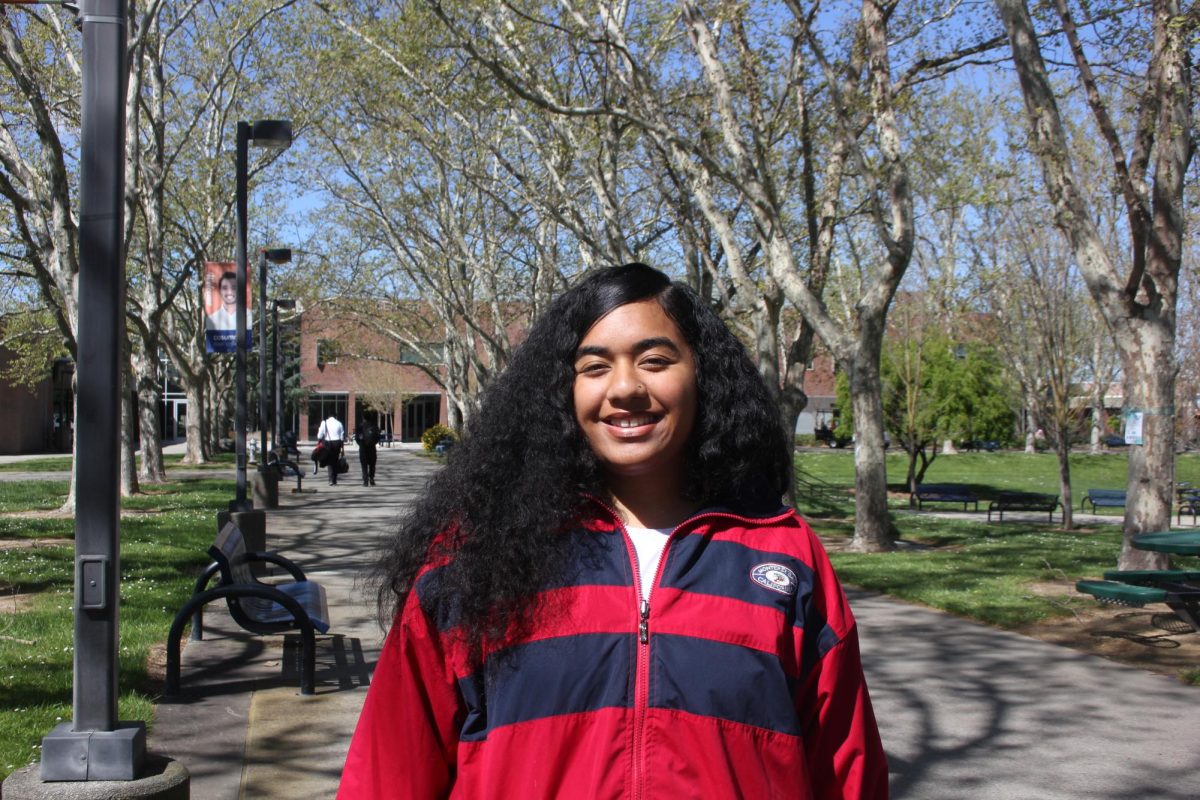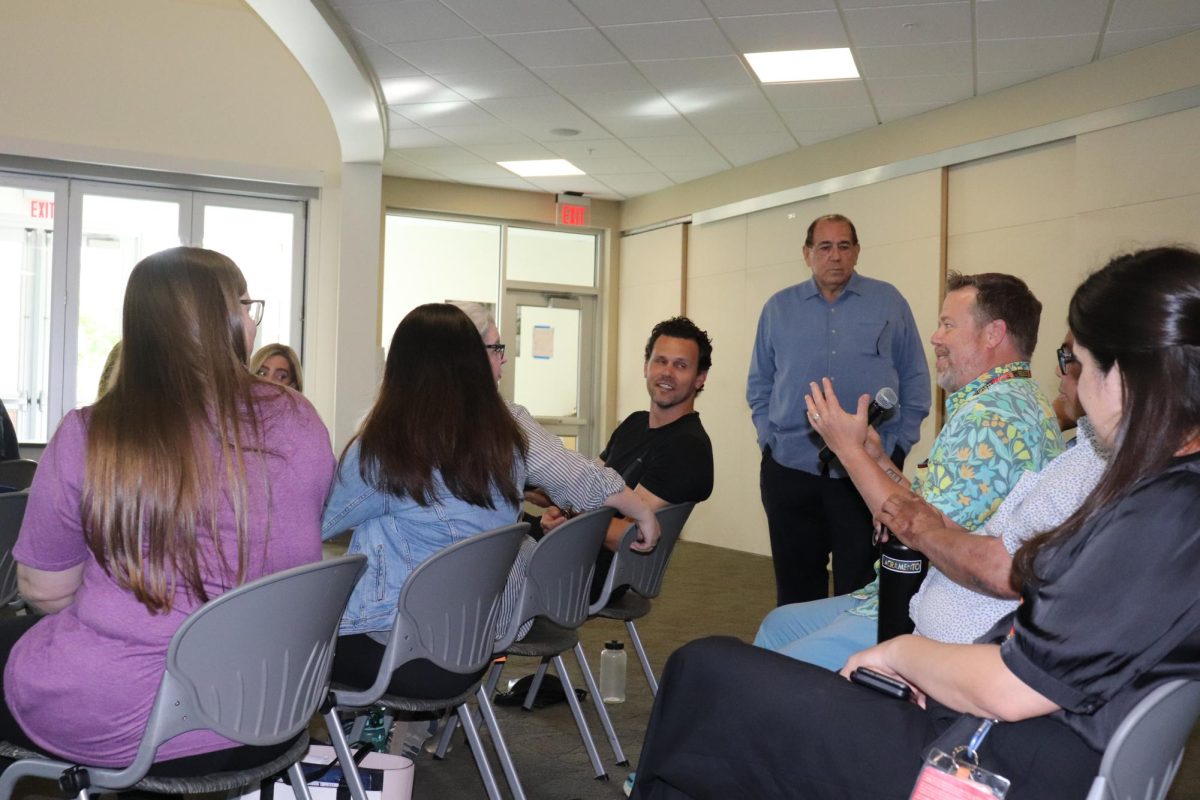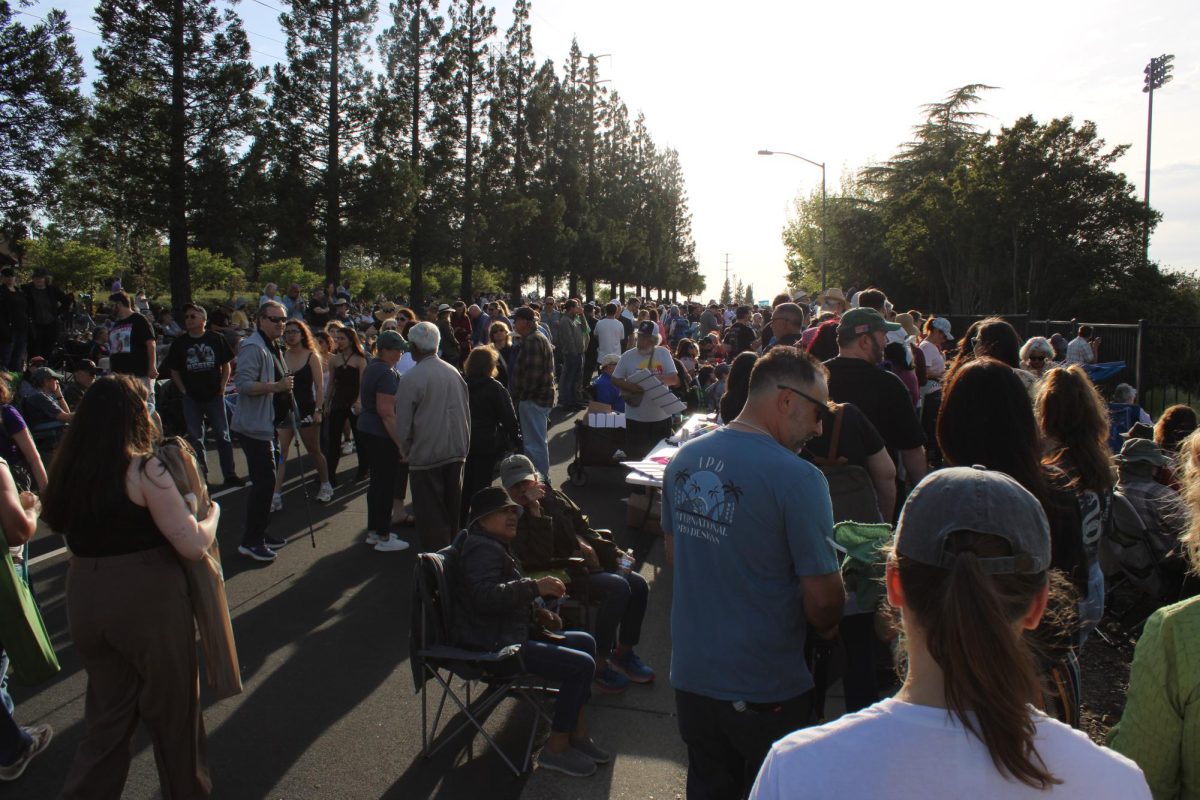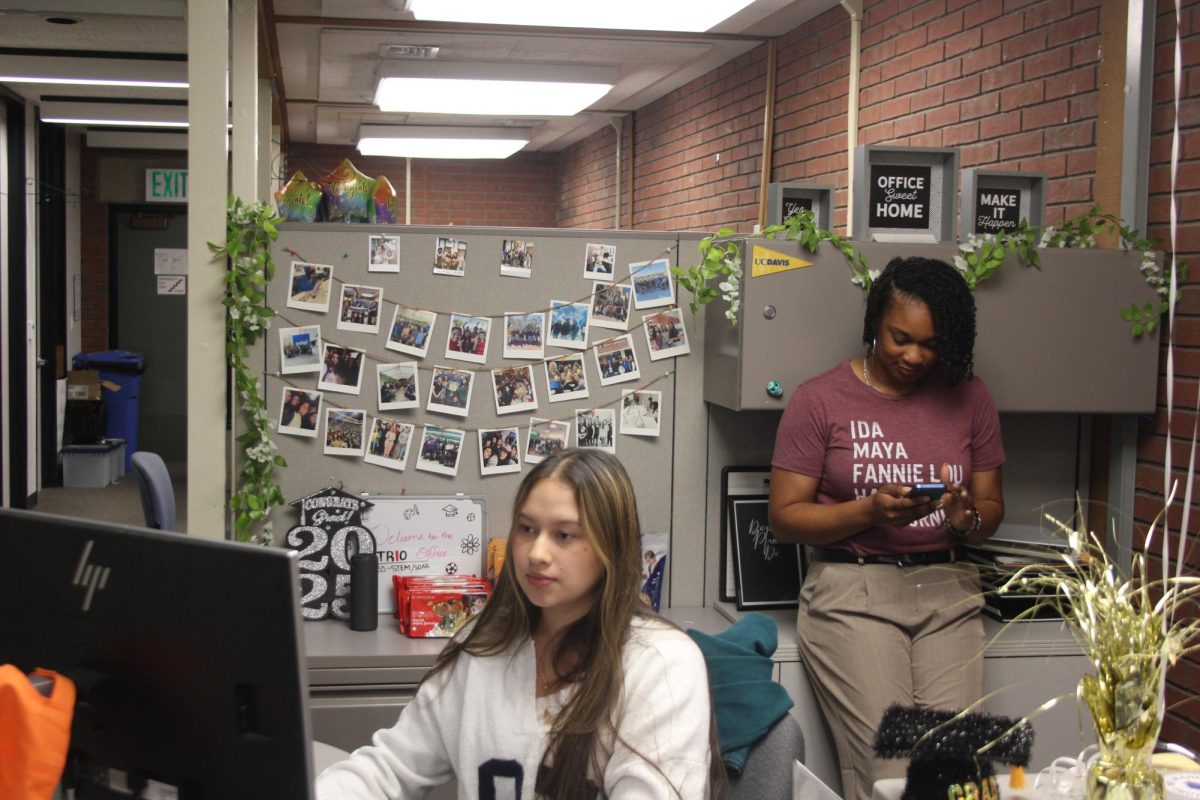Innocent until proven guilty isn’t just for Woody Allen
February 19, 2014
In the 1990s, movie director and comedian Woody Allen faced allegations of molestation of an adopted daughter, allegations that were subsequently dropped both in court and, it seems from the public eye, until recently.
Dylan Farrow released an open letter that detailed the abuse she suffered at Allen’s hands. It is a disturbing read, and news outlets have already snatched the bait and run with stories, some which proclaim Allen’s guilt, others that are more skeptical.
Many of the arguments against the validity of Farrow’s allegations pointed towards coaching by her mother, Mia Farrow, out of vindictiveness or jealousy. Certainly a valid point, but in these sorts of cases, medical findings must be considered, as well as the testimony of a child who, though repeatedly questioned, did not vary from her story. Farrow herself asserts in her letter that her mother asked if she was lying, and promised no punishment if she admitted to it. Despite this, Farrow did not recant her allegations.
Others pointed out the dangers of presumption of guilt in molestation and rape cases, again a valid point, and one I can find no fault with. However, I do believe both accuser and accused ought to be granted the benefit of the doubt. Even so, with the advent of social media, the true extent of rape culture within the United States have become more immediately apparent.
On a more personal level, I need more than one hand to count the number of female friends and acquaintances who have been molested or sexually abused or assaulted. What this says about our society is incredibly disturbing.
Alongside my own experience, I am inclined to believe that Farrow is not likely to be lying.
I understand, of course, the inherent bias in this. But it has become quite clear through the new avenues opened to victims of sexual abuse that it remains vastly underreported. There is often a pervading sense of silence in our society, a refusal to acknowledge the fact that cases of sexual abuse and assault are kept quiet, unreported or swept under the rug for fear of speaking out. Few of the aforementioned friends of mine ever reported what happened to them, not only because of the stigma so often associated with survivors of rape. Some of them did not realize that what was happening was not normal or acceptable, because they were children. Some were too scared to speak out.
We, as a society, must start to realize and understand that silence does not equate to innocence of the accused. Too often victims of sexual assault are afraid of coming forward, fearing that they may be disbelieved, accused of lying out of regret or spite or subjected to the stigma and victim-blaming so often faced by rape victims.
Yet, we must also remain healthily objective, without presuming guilt or innocence, though this admittedly difficult. Whether or not Farrow’s allegations are true, the fact remains that we cannot base assumptions of guilt or innocence in sexual abuse cases on the previous silence of victims.






Kalani • Feb 28, 2014 at 3:30 pm
He likes them young but not pre puberty.
Case closed.